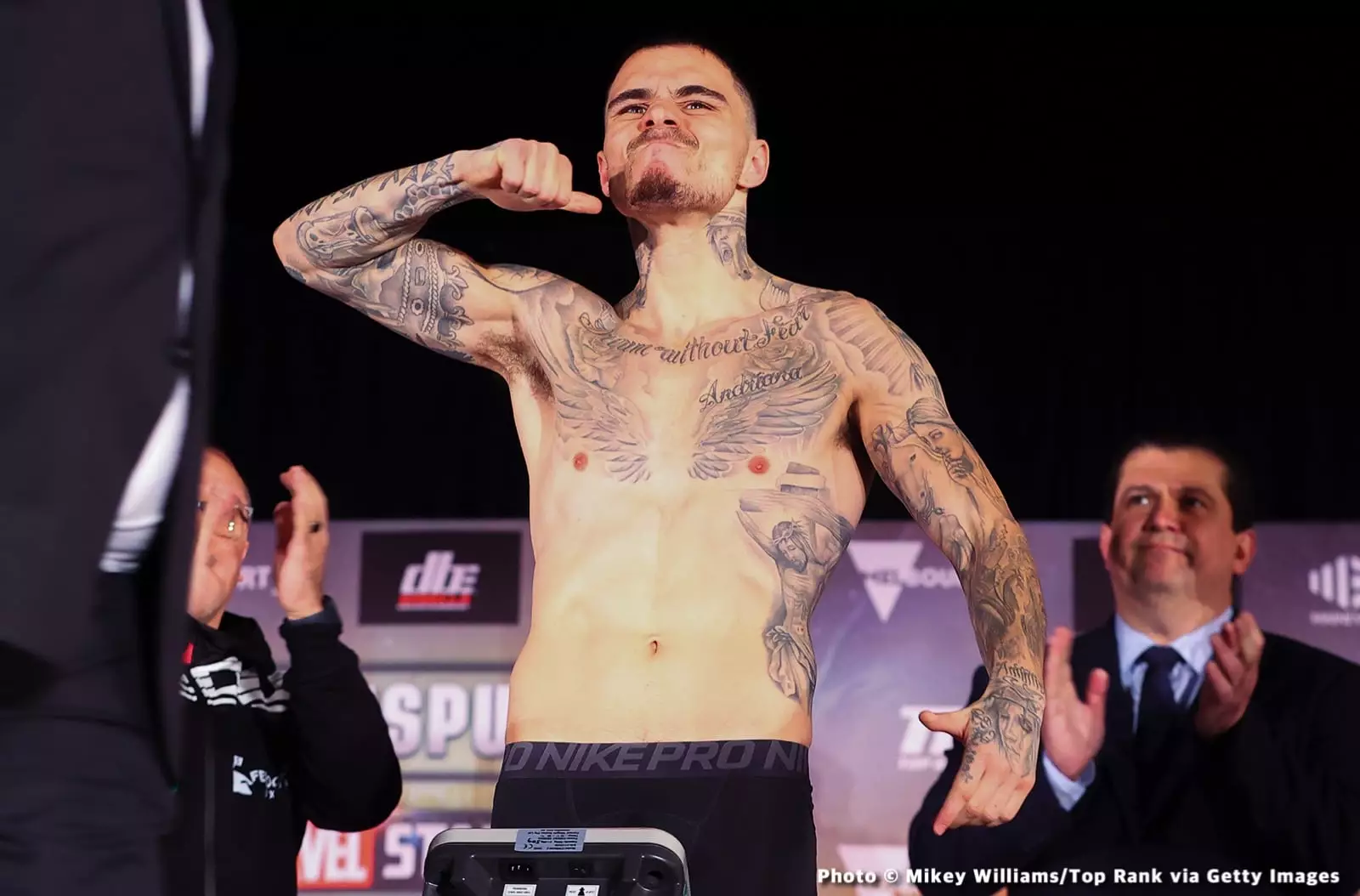In the realm of boxing, the timing of fights and the selection of opponents can significantly influence a fighter’s career trajectory. WBC lightweight champion Shakur Stevenson currently finds himself in a unique situation after the unavailability of his initial contender, William Zepeda, due to a hand injury sustained in his recent match against Tevin Farmer. As Stevenson prepares for his February bout, he’s setting his sights on George Kambosos Jr. as a possible replacement. Kambosos, known for his tenacity in the ring, has expressed interest, complicating the dynamics surrounding his potential fight with Stevenson.
Kambosos has stated his willingness to fight Stevenson but under the condition that he relinquishes his WBC lightweight title to compete at the 140-pound weight class in Australia. While this proposition may be attractive for Kambosos, who aims to elevate his standing in the sport, Stevenson’s reluctance is understandable. The WBC title represents a vital bargaining tool for Stevenson, particularly as he navigates potential negotiations for a high-profile match against WBA champion Gervonta Davis. The stakes are high, and relinquishing the title may not be in Stevenson’s best interest, even if it opens the door for a bout with Kambosos.
George Kambosos Jr. holds a notable record of 21 wins and three losses, with ten victories coming by knockout. His recent signing with Eddie Hearn’s Matchroom Boxing suggests that he is seeking to position himself strategically for lucrative fights. Hearn has aspirations for Kambosos to challenge IBF 140-pound champion Liam Paro if Paro successfully defends his title against Richardson Hitchins. This potential matchup adds layers of complexity to Kambosos’s willingness to face Stevenson—if he is unsuccessful against Stevenson, it could tarnish his image and jeopardize future opportunities, including a fight with Paro. Hearn’s management might understandably hesitate to support a risky match against Stevenson.
Stevenson, despite acknowledging Kambosos as a valid opponent, may view him as a fallback rather than a primary contender. Kambosos’s unique fighting style could pose challenges, leading some top contenders to shy away from engaging with him. Yet, for Stevenson, a bout against Kambosos could result in substantial exposure and promotional opportunities, especially if held in Kambosos’s home country of Australia. The allure of stepping into the ring in front of a passionate Australian crowd may tempt Stevenson to agree to the proposed conditions.
In the wake of this ongoing negotiation, Kambosos has reached out to Stevenson via social media, urging him to confirm the match for February. He seems eager to confront Stevenson head-on, even tauntingly suggesting that Zepeda should not linger as a contender. However, it remains unclear whether Hearn will ultimately sanction this fight, given the potential repercussions for Kambosos’s career. The boxing scene thrives on drama, and this interplay between Kambosos and Stevenson has all the elements: rivalry, the stakes of titles, and the looming shadow of career-defining matches. With all these factors in play, the boxing community remains in anticipation of what decision will prevail in shaping the futures of these two fighters.

